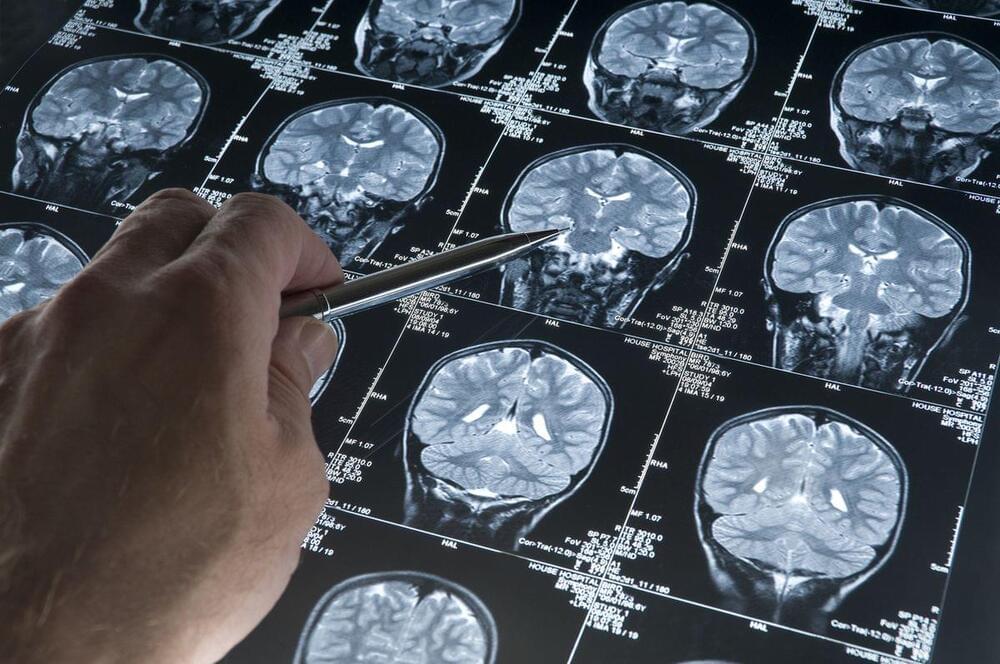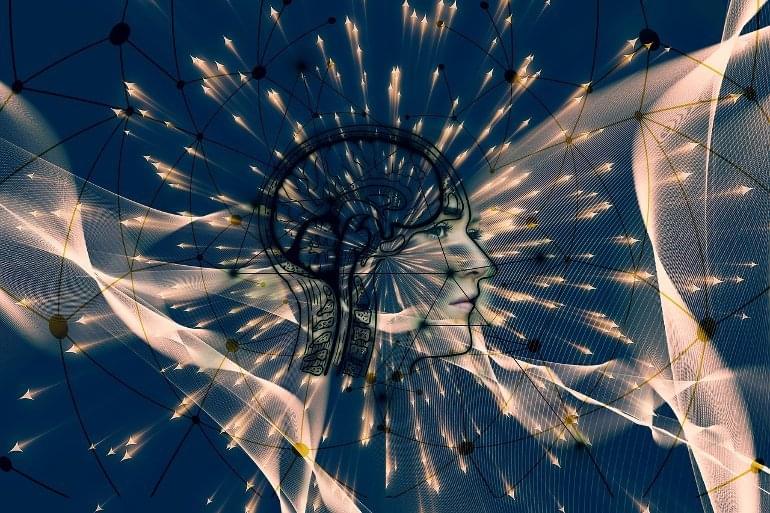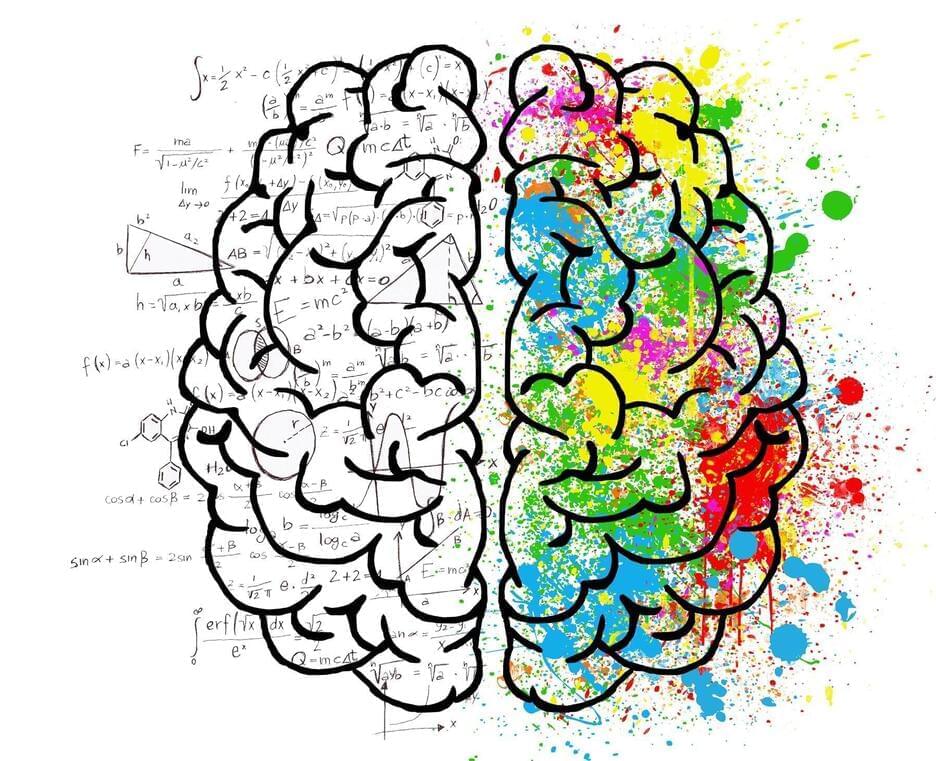Bluebird Bio Inc.’s gene therapy for a brain-wasting disease received accelerated approval from U.S. regulators, making it the first treatment of its kind for children living with cerebral adrenoleukodystrophy.




Although we think we are fully aware and in control of our everyday decisions, we actually often follow a series of cognitive scripts. These cognitive scripts often develop in childhood and are personal to you. However, as they are commonly based on a sequence of events that we expect to occur in given situations, many scripts will follow a common theme.
For example, when meeting someone new, we know we are expected to give our name, ask the individual about themselves, partake in some small talk, and then move onto deeper topics. Although cognitive scripts can save time and reduce the mental effort of deciding how to behave, they can also negatively affect our decision-making and productivity.

Summary: Study reveals how reward enhances connectivity between the ventral striatum and the default mode network, impacting behavior.
Source: Kessler Foundation.
Researchers have reported findings that add to our knowledge of how human behavior may be shaped by the default mode network, a specific network of brain regions with both resting and task-related states.
The future of mind-controlled machines might not be as far away as we think.
As director of DARPA’s Biological Technologies Office, Dr Justin Sanchez is part of a team that is looking at how to decode brain signals and use them to control robotic prosthetics.
His research includes the visualisation and decoding of brain activity, the development of devices that could help patients with memory deficits, and advanced prosthetic arm systems that could restore feeling and movement after an injury.
The former associate professor of Biomedical Engineering and Neuroscience at the University of Miami has also looked at the potential of neurotechnology for treating paralysis, Tourette’s Syndrome and Obsessive Compulsive Disorder.
In this talk Dr Justin Sanchez takes us through various real world applications of direct neural interfaces.
–
Optimizing Human-System Performance — Dr. Greg Lieberman, Ph.D., Neuroscientist / Lead, U.S. Army Combat Capabilities Development Command Army Research Laboratory, U.S. Army Futures Command
Dr. Greg Lieberman, Ph.D. (https://www.arl.army.mil/arl25/meet-arl.php?gregory_lieberman) is a Neuroscientist, and Lead, Optimizing Human-System Performance, at the U.S. Army Combat Capabilities Development Command, Army Research Laboratory (DEVCOM ARL).
DEVCOM ARL, as an integral part of the Army Futures Command, is the Army’s foundational research laboratory focused on operationalizing science to ensure overmatch in any future conflict. DEVCOM ARL shapes future concepts with scientific research and knowledge and delivers technology for modernization solutions to win in the future operating environment.
With a Ph.D. from the University of Vermont in Neuroscience, a Postdoctoral Fellowship in Cognitive Neuroscience from University of New Mexico, and a BA from University of Massachusetts Amherst in Psychology, Dr. Lieberman’s research and research leadership experience ranges from genetics to learning theory, animal behavior to artificial intelligence, and human variability to team dynamics; with additional expertise in S&T strategy and the opportunities afforded by the Future of Work.
Specific areas of Dr. Lieberman’s technical expertise include maximizing human potential, human-autonomy teaming; neuroanatomical organization and connectivity; brain structure-function coupling; learning-driven neuroplasticity; non-invasive neurostimulation and cognitive enhancement; neuroimaging; mind-body medicine and mindfulness meditation; and the mechanisms of neurodegenerative disease, neuropathology, and brain injury.


Circa 2007 face_with_colon_three
The World Wide Brain—a hybrid human–digital intelligent network, spanning the globe and carrying out information processing different in extent and nature from anything that has come before—is as yet little more than a dream and a little less than a reality. It is coming into being, bit by bit, each year. This process of emergence is, as all Net-aholics know, a wonder to behold, and growing more wondrous all the time. This is an exploration in which human psychology and sociology interact in a fascinating way, with the psychology of an emerging, nonhuman organism. It is an exploration in which mundane technical issues such as groupware and server–server communication software rub up against concepts from transpersonal psychology, such as the Collective Unconscious and the Hierarchy of Being. It is, therefore, an exploration that not only transcends disciplinary boundaries but pushes the boundaries of human thought itself. The increasing integration of human activity with World Wide Brain operations may ultimately occur via body-modifying or body-obsolescing technologies a la Moravec, or it may occur without them, through the advent of more sophisticated noninvasive interfaces. One way or another, it will fuse the global Web.

At first glance, the human body looks symmetrical: two arms, two legs, two eyes, two ears, even the nose and mouth appear to be mirrored on an imaginary axis dividing the faces of most people. And finally, the brain: it is divided into two halves that are roughly the same size, and the furrows and bulges also follow a similar pattern.
But the first impression is deceptive: the different brain regions have subtle yet functionally relevant differences between the left and right sides. The two hemispheres are specialized for different functions. Spatial attention, for example, is predominantly processed in the right hemisphere in most people, while language is largely processed in the left. This way, work can be distributed more effectively to both halves and thus the range of tasks is expanded overall.
But this so-called lateralization, the tendency for brain regions to process certain functions more in the left or right hemisphere, varies from person to person. And not only in the minority whose brains are specialized mirror-inverted compared to the majority. Even people with classically arranged brains differ in how pronounced their asymmetry is.
Daniel Dennett explores the first steps towards a unified theory of information, through common threads in the convergence of evolution, learning, and engineering.
Subscribe for regular science talks: http://bit.ly/RiSubscRibe.
Watch the Q&A now: https://www.youtube.com/watch?v=beKC_7rlTuw.
Buy Daniel Dennett’s book “Intuition Pumps and Other Tools for Thinking” — https://geni.us/pAyVW
The concept of information is fundamental to all areas of science, and ubiquitous in daily life in the Internet Age. However, it is still not well understood despite being recognised for more than 40 years. In this talk, Daniel Dennett explores steps towards a unified theory of information, through common threads in evolution, learning, and engineering.
This event was the first in a series on the theme of ‘Convergence’, exploring the links between neuroscience, philosophy and artificial intelligence. If you’re in London, look out for more events later in the year: http://rigb.org/whats-on.
We are grateful for the help of the Real Time Club in organising this event.
Daniel Dennett is known as one the most important philosophers of our time, with controversial and thought-provoking arguments about human consciousness, free will, and human evolution.